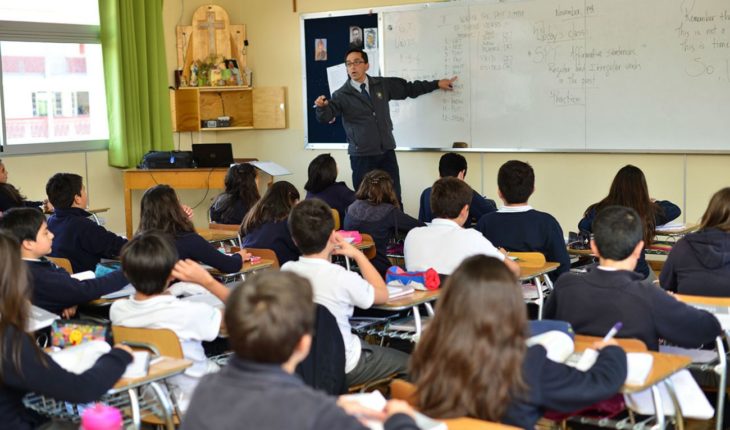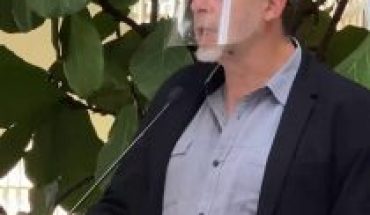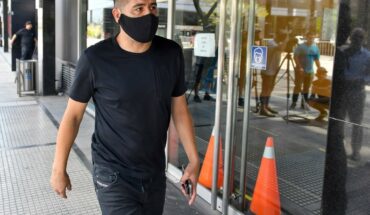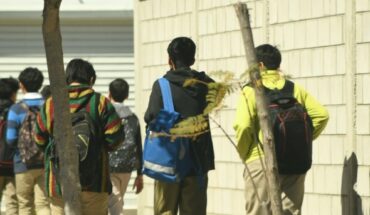A strong controversy has been generated around the decision to L National Council of Education (CNED)-in the framework of the changes for the curriculum of third and fourth half-to leave the bouquet of history and physical education as optional and not obligatory. The decision was endorsed by the Minister of Education, Marcela Densa.
However, more opponents than followers has the initiative and one of them is the National prize of Humanities and Social sciences, Agustín Squella, who pointed out to Emol that “in this of the curricular nets of the middle school we walk giving blind sticks makes A long time. ” The expert analyzed what these changes could mean for the Chilean education system and the training of the students. In his view, what hints at change is deeper than one or two subjects in dispute.
“We have always criticized the young people who study for the notes, but the establishments have ended up doing the same thing: they seem to work almost all for the rankings”, sentence
Despite the criticism Squella values the creation of the subject education citizen, in replacement of history and that will remain in both levels between the elective subjects. “Congratulations! Let’s see if we can get future generations not to redeem the status of citizens by simple consumers, and worse still, as it is today, by chronically indebted consumers and the edge of neurosis. ”
The new mesh looks only to generate labor
Since the teachers ‘ College also raised the voice and its president, Mario Aguilar, described as “aberrant” the decision.
In an interview with Cooperativa, the trade union leader pointed out that “here is severing a curriculum to focus on a purely productivist issue. It confirms the vision of an instrumental curriculum, which has to do with the preparation for the world of work, but very little concern-a sort of state inailment-to form integral people, to form people in a broad sense.
“Simply what you want is labor for a productive system,” he emphasized.
What’s the matter with the teachers?
Controversial measure of the government that Hernán Herrera, president of the grouping of private schools subsidized Conacep, also took advantage to criticize, yes, from the point of view of the implementation of the initiative for next year.
“History will become optional and you have to think about what happens to those teachers, if they reduce the burden or can be reconverted. That has to work well with schools, because it has costs, “said the president of CONACEP to the third.
In Herrera’s opinion this “provokes a conflict with the professors who had a subject that this year is obligatory and that next year it will not be. You can’t throw this problem at schools, because it gives us six or eight months to see how to deal with this. ”
José Valdivieso, president of the Conapas Colleges group, added a warning, says there will also be problems with physical education teachers. “I think that this bouquet should be maintained, we cannot do without physical education, because it is necessary to promote healthy life,” he says.
For Valdivieso, the changes “are a little hasty, since the teachers ‘ contracts are some indefinite, we would have to review what economic repercussions this will bring to them.”
The defense
Since the Government defend the initiative and the undersecretary of education, Raúl Figueroa, warns that these modifications completed the curricular change that began in 2012, in 2 ° medium, and that translate into that “the fundamental contents of history are imparted Up to 2 ° medium ”
Pedro Montt, president of the National Council of Education (CNED), added that “when it is said that history will disappear, everything is confused, because we are talking about the common formation, not the subjects of deepening”.
“There will be a pool of subjects to be developed in each field of knowledge. It will be a deeper formation and the grace is that there are more options for students, “he concludes.
translated from Spanish: “We’ve been giving blind sticks a long time”: They criticize change in curricular mesh proposed by the government
May 25, 2019 |





